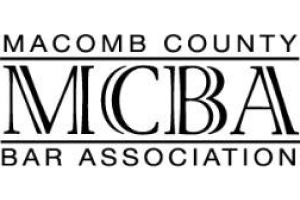You have completed your due diligence in your quest to find a Michigan DUI attorney. You have a meeting scheduled to discuss your case. What information do you need to be prepared to discuss and what documentation should you bring? When you were arrested, you were likely taken into custody and held until your blood…
Continue reading ›Articles Posted in Michigan DUI Laws
Imagine driving home from meeting a few friends for a drink. You felt OK to get behind the wheel and drive home. You had a few drinks, but you know your limit and you definitely did not cross it this time. You are purposely driving under the speed limit careful to keep your car within…
Continue reading ›Imagine you are driving home. It is late at night. You had a few beers watching the game at the local bar. You were careful not to exceed “your limit.” You feel fine when you pay your tab and leave the bar. You don’t recall fumbling for your keys in the dark. You just want…
Continue reading ›Canada is a strong economic partner not only to the United States, but more specifically with those states that border Canada, including Michigan. Many Michigan residents frequently travel to and from Canada to work for either short, or longer periods of time. The attorneys at SMDA regularly counsel clients who must travel to Canada as…
Continue reading ›In many cases, a DUI/OWI offense will be your first real contact with the criminal legal system. Consequently, it’s easy to feel overwhelmed. In this article we’re going to take a look at the basic legal process you will be going through if arrested for a DUI/OWI offense in Michigan. The journey begins at the…
Continue reading ›Punishment for drinking-and-driving offenses in Michigan reflect a growing national trend toward a stricter approach that picked up momentum during the early 1990s. Offenders now face losing their licenses for longer periods, stiffer fines and costs, and even the possibility of vehicle immobilization or forfeiture. The stakes are even greater for serious offenders, who may…
Continue reading ›This is a very frightening question. What follows can be equally scary. The flash of the lights in the background from the squad car tells you that this is going to be a long night. The first thing that your Michigan DUI lawyer should do when interviewing you or when reading a police report is…
Continue reading ›










